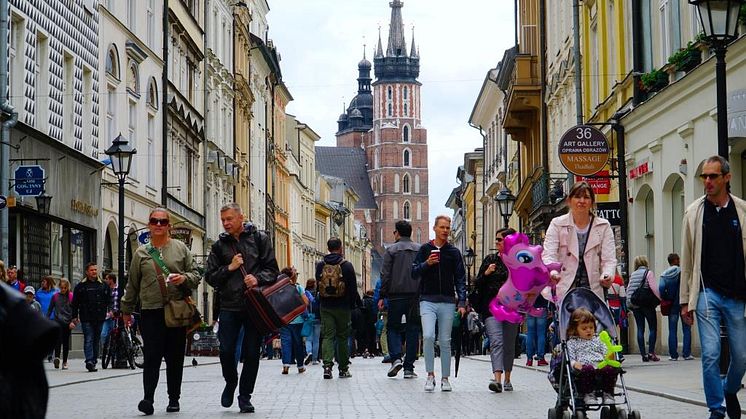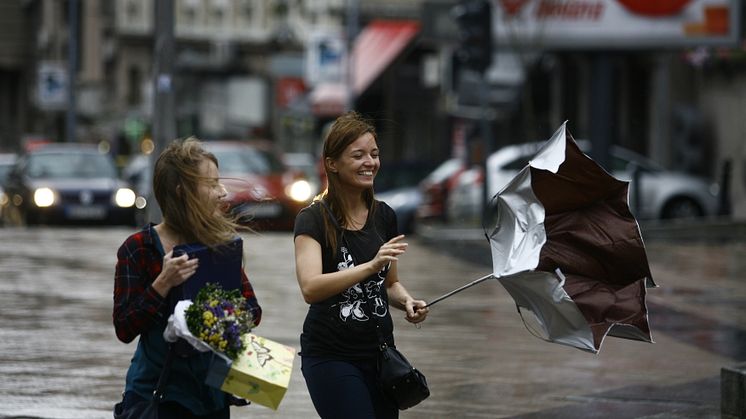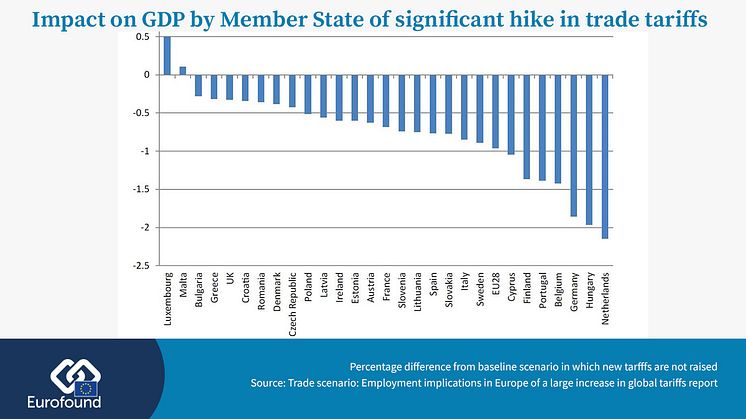
News -
Better together: Robust upward convergence in employment and socioeconomic conditions strengthens the future of Europe
(Dublin, Ireland): Strong upward convergence in employment and socioeconomic conditions has emerged between EU Member States over the past 20 years despite the negative effects of the economic crisis, according to new research from Eurofound. ‘Upward convergence in employment and socioeconomic factors’ provides an in-depth look at the issue of upward convergence – a trend whereby Member States’ performance improves, while the gaps between Member States diminish. These trends paint an increasingly positive picture of progress in the European Union at this critical juncture.
Sometimes regarded as a niche or technical domain, convergence is an area of intrinsic public interest as it underpins the fundamental EU objective of improving the lives of citizens and reducing inequality in Europe. Achieving upward convergence is of critical importance to the European Union at this time as increasing disparities among Member States potentially threaten cohesion by counteracting citizens’ expectations that EU membership tangibly improve working and living conditions. Eurofound’s new report is based on 21 indicators related closely to the Social Scoreboard of the European Pillar of Social Rights.
Two different dynamics of upward convergence can be identified: one is the steady and robust trends over the entire period considered, in terms of improvement in levels and reduction of disparities among Member States (for indicators such as education and gender gaps, as well as the activity rate). The other is the cyclical trends exhibiting a considerable degree of correlation with the business cycle, both in terms of averages and variability (for indicators such as labour market participation and exclusion, as well as poverty).
For those indicators showing upward convergence in good times (with improvements and lower dispersion) and downward divergence in bad times (with deterioration in levels and higher dispersion), non-euro zone countries converge more quickly than their euro zone counterparts. These are the areas in which Member States should become more resilient in order to avoid future asymmetric shocks.
The report also notes the importance of regional aspects of convergence, in addition to differences between Member States. It found that disparities in socioeconomic and labour market indicators are generally greater among EU regions that between countries, which see a more pronounced convergence process.
The report analyses two proposals to facilitate social and economic convergence: the European unemployment insurance (EUI) scheme, and the European minimum wage (EMW). It projects that an EUI scheme would promote both macroeconomic risk reduction and convergence in socioeconomic conditions for the unemployed. However, there are potential pitfalls and difficulties in implementation that would need to be tackled. The EMW could potentially support greater convergence in disposable incomes and reduce the number of working poor but risks negatively impacting youth and low-skilled employment, as well as impact the autonomy of national and social partners in wage determination.
Eurofound’s research is part of the continuous monitoring of upward convergence required to reduce economic and social inequality between Member States. Taking into account the challenges that Europe currently faces, effective policy measures are required to strengthen Member States’ resilience and avoid asymmetric propagation of further macro-economic shocks.
More information
- Download the report ‘Upward convergence in employment and socioeconomic factors’
- Topic page: Monitoring convergence in the European Union
- Tune in to the webcast of the joint DG ECFIN seminar on 26 September 2019 entitled 'Economic and social convergence in the EU – Making it happen!'
Additional resources:
- The EU convergence monitoring hub brings together Eurofound resources on monitoring convergence in the EU,
- Subscribe to information about Eurofound’s work on monitoring convergence in the EU
- Sign up for forthcoming publication ‘State of play: Convergence in 2019’, to be published in November 2019






